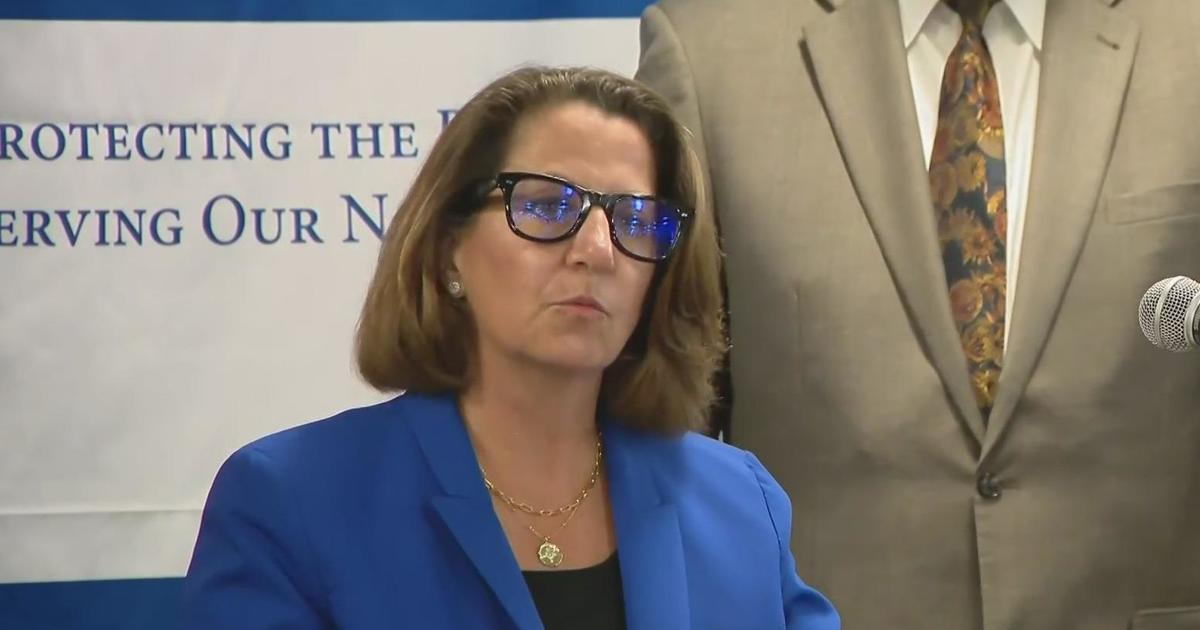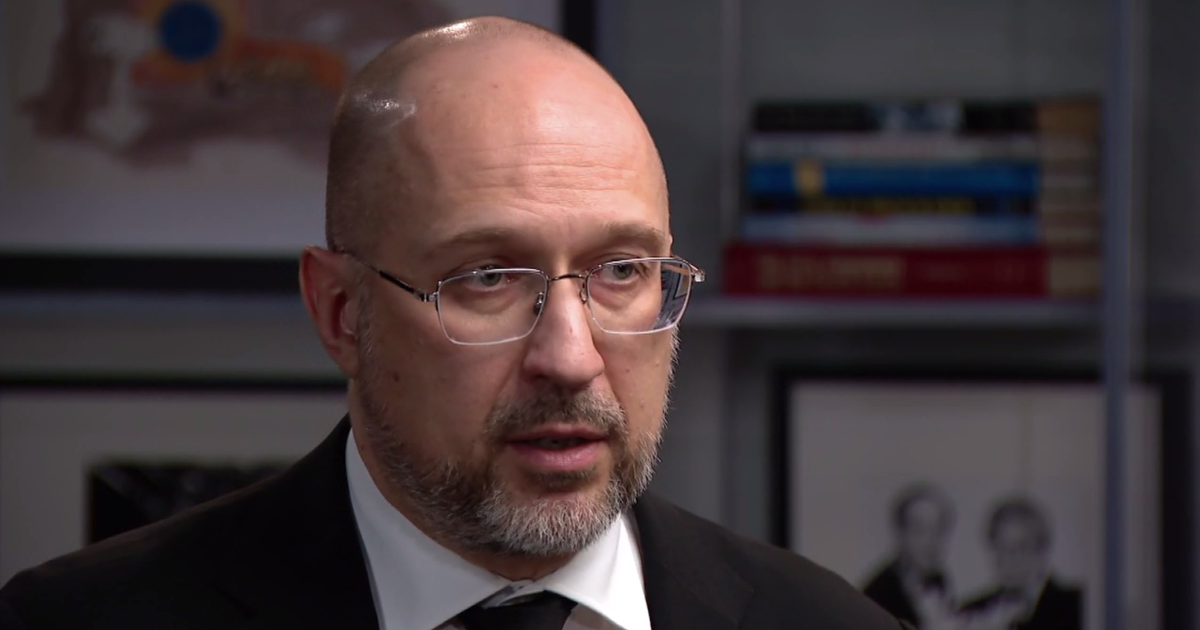Despite Media Coverage, Chicago Violence Down Significantly From 20 Years Ago
CHICAGO (CBS) -- True or false: Chicago is more dangerous today than ever before? Many would say "true" pointing to murders and shootings, countless news reports, plus posts on social media all describing the city's violence.
But CBS's 2 Jim Williams takes a look at crime numbers from 20 years ago and you might be surprised.
The violence has captured attention around the world and made Chicagoans like Chatham's Michele Ploss very afraid.
"It's frightening." she said.
But believe it or not, there was a time in Chicago when violent crime was much worse.
UIC Criminologist Dennis Rosenbaum said, "We have less than half as many homicides today as we did 20 years in Chicago."
Rosenbaum is right. Last year saw 414 murders, as compared with 930 in 1994.
"It was a tough time," remembers surgeon Marie Crandall.
She has analyzed ten years of data from Chicago trauma centers and says she is treating fewer gunshot victims at Northwestern.
"Comparing notes with my colleagues at other institutions, they've seen a decrease as well," she said.
Aggravated assault and battery numbers, which include shootings, dropped 73 percent from more than 40,000 in 1994 to just under 11,000 last year.
You might say the crime numbers are down because Chicago's population has dropped dramatically in 20 years. Not true. There were 2.8 million Chicagoans in 1994 and there are 2.7 million today.
So why do people feel the city's more dangerous now?
"The amount of media coverage today as you know is substantially greater than it was 20 year ago", said Dennis Rosenbaum.
But are people more afraid because of the crime numbers or because of how we cover crime differently today?
"Well, I think it's a little bit of both", said Roosevelt University Professor John Fountain.
Instant updates online and on your smartphone provide a tally of violent crime you could not get in 1994 when Fountain was a reporter for the Chicago Tribune.
"It's on your hip when it buzzes with the breaking news", he said.
20 years ago, you waited for the news and coverage was different. We looked at the Tribune from 1994's very violent July 4th weekend when 12 people were murdered, nine by gunfire. No front page coverage. We found one double-murder mentioned a few pages inside Section 2.
And not to single out the newspaper, CBS 2 devoted all of 34 seconds to Chicago crime coverage over the same holiday period that year. This past July 4th weekend, when eight people were shot to death and had dozens wounded, we had far more coverage.
Chicago Police Superintendent Garry McCarthy says he understands today's crime fears.
"It goes like: if you had five murders in your neighborhood last year and you've only got three this year, do you feel 40 percent safer? No you don't."
Still, there is frustration over how Chicago is portrayed.
"We rank about 21st out of major cities in the country for violent crime. We are not the murder capital of the country," insists McCarthy.
We confirmed that Chicago does rank 21st for its murder rate, but that's little consolation for neighborhoods on the South and West Sides that have been plagued with murders and shootings for decades and have become the focus of so much attention today.
For John Fountain, "The cumulative effect of that is that the people who lived in these communities, they got 20 years of hell. That's the number I care about -- 20 years of hell."
No one Jim talked to suggested the media not cover crime. Nor did anyone minimize the impact crime has on the victims and their families. CBS 2 news director Jeff Kiernan says the impact of crime on victims, families and neighborhoods is a significant factor in deciding on news coverage. However, he says, the station continually strives for better perspective and balance in what is reported and its overall relevance and impact on people throughout Chicagoland.



